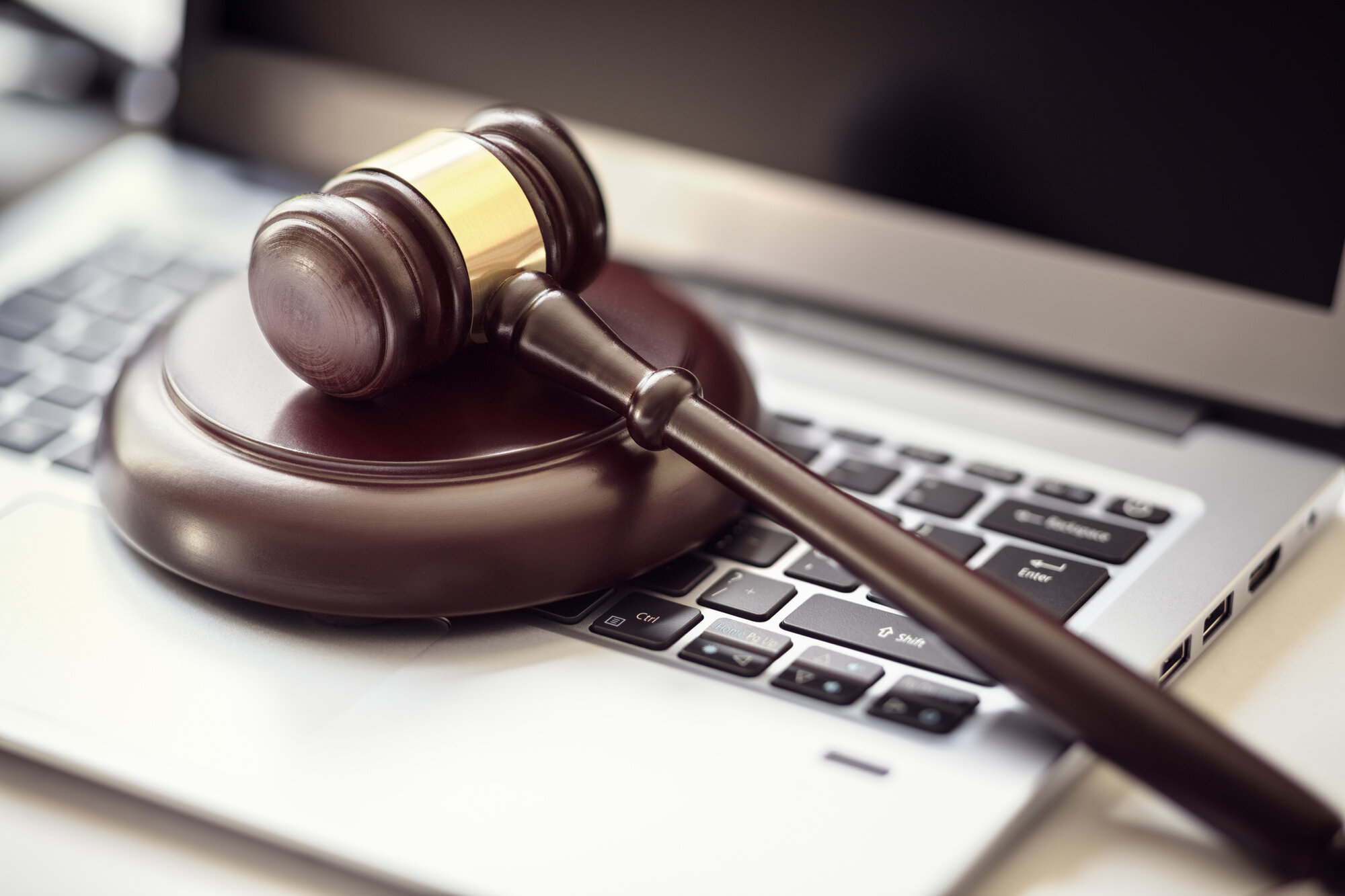Navigating the intricacies of legal proceedings can be daunting, but with the right guidance and understanding of Legal Procedures, individuals can effectively maneuver through the complexities of the legal system. Whether it’s drafting legal documents, appearing in court, or resolving disputes, mastering the art of legal navigation is essential for achieving favorable outcomes and upholding one’s rights and interests.
Table of Contents
ToggleUnderstanding Legal Procedures
Legal Procedures encompass a broad spectrum of actions and protocols that govern the administration of justice within a legal framework. From the initiation of legal proceedings to their resolution, each step in the process plays a crucial role in ensuring fairness, equity, and adherence to the rule of law.
Key Components of Legal Procedures
1. Legal Documentation
The foundation of many legal proceedings lies in the preparation and submission of various legal documents. From contracts and agreements to pleadings and motions, accurate and well-drafted documentation is essential for establishing legal rights and obligations.
2. Court Proceedings
For matters that escalate to litigation, understanding courtroom procedures and decorum is paramount. From arraignments and pre-trial conferences to hearings and trials, each stage of the judicial process requires careful preparation, strategy, and advocacy.
3. Alternative Dispute Resolution
In many cases, parties opt for alternative dispute resolution mechanisms such as mediation or arbitration to resolve conflicts outside of the courtroom. These processes offer a more collaborative and cost-effective approach to dispute resolution while still ensuring fairness and impartiality.
4. Legal Representation
Navigating Legal Procedures often requires the expertise of legal professionals who can provide guidance, advocacy, and representation. Attorneys and legal advisors play a pivotal role in helping individuals understand their rights, assess their options, and navigate the complexities of the legal system.
Effective Strategies for Navigating Legal Procedures
1. Seek Legal Guidance
When confronted with legal issues, seeking the guidance of experienced legal professionals is essential. Attorneys can provide valuable insights into the legal process, assess the merits of your case, and develop effective strategies to achieve your objectives.
2. Conduct Thorough Research
Understanding the relevant laws, regulations, and precedents pertaining to your case is vital for making informed decisions and presenting compelling arguments. Conducting thorough research and gathering relevant evidence can strengthen your position and enhance your chances of success.
3. Communicate Clearly and Concisely
Effective communication is key to navigating Legal Procedures successfully. Whether drafting legal documents, presenting arguments in court, or negotiating settlements, clarity, and precision in communication can facilitate understanding and facilitate resolution.
4. Stay Organized and Prepared
Organizing and documenting relevant information, deadlines, and communications is crucial for staying on top of legal proceedings. By maintaining meticulous records and being prepared for hearings and meetings, you can demonstrate professionalism and diligence in navigating the legal process.
Conclusion
In conclusion, mastering the art of navigating Legal Procedures requires a combination of knowledge, strategy, and effective communication. By understanding the key components of legal proceedings and employing sound strategies for advocacy and resolution, individuals can navigate the legal landscape with confidence and achieve favorable outcomes. Whether seeking legal redress, defending against claims, or resolving disputes amicably, the ability to navigate Legal Procedures effectively is essential for upholding justice and protecting one’s rights and interests within a complex and dynamic legal system.



